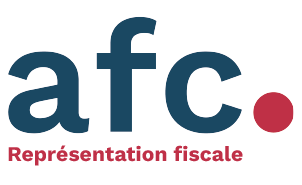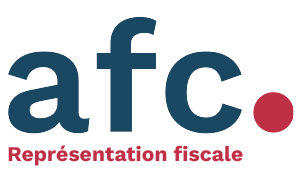E-Invoicing/E-Reporting: Summary of the upcoming reform
December 21, 2022
Definitions:
E-invoicing:
In French, it is the electronic invoicing system. The electronic invoice is an invoice issued, transmitted and received in a dematerialized form and which necessarily includes a minimum base of data in structured form.
E-reporting:
This is the transmission to the administration of certain information relating to commercial transactions that are not affected by the electronic invoicing system.
Why generalize these processes:
Several objectives are pursued by the administration:
- Simplify, in the long term, the VAT reporting obligations of companies thanks to the pre-filling of declarations
- Improving fraud detection, for the benefit of bona fide economic operators
- Improve real-time knowledge of business activity
Reform timetable:
The timeline depends on the size of the business and is based on the following dates:
- As of January 1, 2024: for large companies
- As of 1 January 2025: for intermediate-sized companies
- As of 1 January 2026: for SMEs and micro-enterprises
Which operators and operations are affected by E-invoicing and E-reporting?
Electronic invoicing:
Electronic invoicing concerns all transactions involving the purchase and sale of goods and/or services carried out between companies established in France that are subject to VAT when they are so-called domestic transactions, i.e. they concern the national territory. These operations are called "Business to Business" (B2B).
E-reporting:
the transactions concerned by the transmission of information are listed in Article 290 of the General Tax Code. These are sales and service operations with individuals (B2C) or with operators established abroad.
All companies subject to VAT that are established in France are concerned by E-reporting, when they carry out transactions with private customers or with foreign operators.
Similarly, certain foreign companies not established in France may be subject to the E-reporting obligation, as long as the transaction it carries out is deemed to be located in France and subject to VAT.

